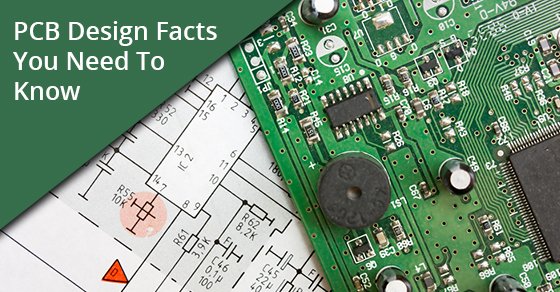Five PCB Design Facts You Need To Know
If you’re interested in printed circuit board (PCB) design, it is good to know the important details. To give you an idea of what’s involved in PCB design, here are five facts you need to know.
- No Need for Wires
Printed circuit boards don’t require wires to transmit power and data. Instead, PCBs use copper traces which take up far less space than wires. This makes for smaller and thinner boards. However, copper is more expensive than wire materials, so ensure that you factor in this cost when budgeting for your PCB production.
- Customization Is Doable, but It’ll Cost You
You can customize a PCB to the specifications you want. The only issue with customizing your board is that it can add extra costs and time to your production process. For this reason, many PCB designers use parameters that are pre-specified. Even though pre-specified parameters are used you still get the freedom of defining what your finished product will do.
- Technology Moves Fast
Technology is ever evolving, and this is especially true for PCB design. If you don’t keep up with the technological advancements involved in PCB design you could find yourself using techniques and materials that are on their way to obsolescence. For instance, biodegradable PCBs will soon be the norm because people are looking for ways to make electronic devices greener. Another innovation being considered is the use of graphene as a new material to use in PCB construction to create smaller and more efficient boards.
- You Need to Experiment
To keep up with technology (as mentioned above in #3) you need to be willing to experiment in order to stay afloat in a sea of improvements. When you experiment with new materials and advancing technology you can have a hand in making PCB design faster. The faster the PCB design process is, the more efficient it is, too.
- Budget, Budget and Budget Again
Thirty-one percent of all overall product costs are PCBs, so make sure you keep that in mind when sourcing the components needed to create your board. However, if you are willing to experiment (as mentioned above in #4), you may be able to save time and money. Plus, you may get an overall better product.
If you are tech-savvy, interested in PCB production and take these five facts into consideration, you could find yourself with the right tools to create the perfect board.

